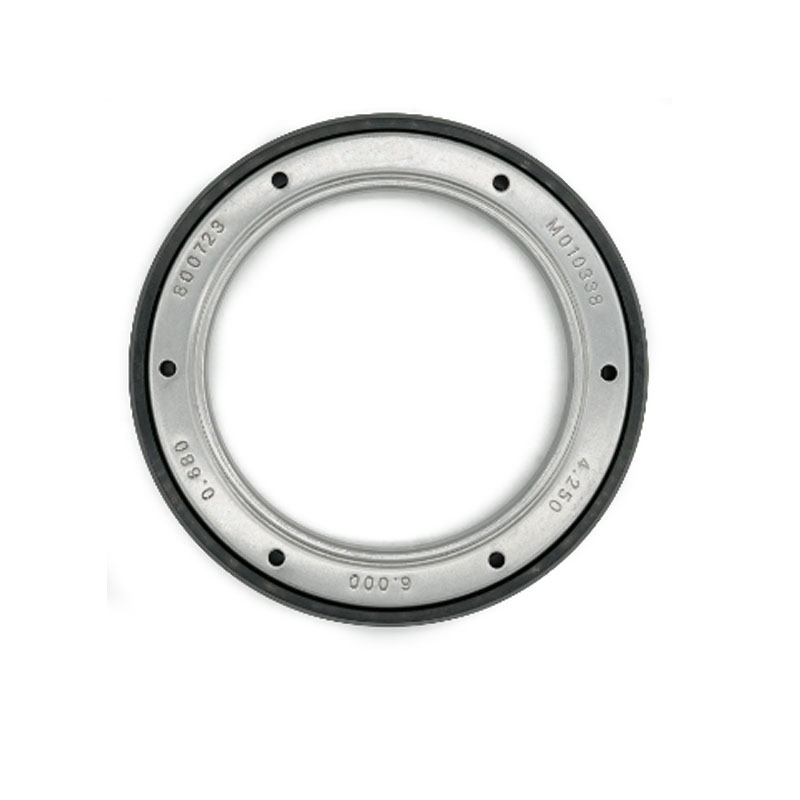oil seal
Understanding Oil Seals Importance, Types, and Applications
Oil seals, often referred to as axial seals, are critical components in machinery and equipment that require protection against leakage and contamination. These seals serve as barriers to prevent oil and lubricants from leaking out while keeping dirt and moisture from penetrating the machinery. Their role is essential in enhancing the performance and longevity of mechanical systems.
Importance of Oil Seals
The primary function of oil seals is to contain lubricants within a particular area, thereby maintaining optimal operating conditions. In automotive engines, for example, oil seals prevent engine oil from leaking out and protect against abrasive contaminants that could lead to wear and tear. When oil leaks occur, they not only compromise efficiency but can also lead to catastrophic failures and costly repairs. Thus, the integrity of oil seals directly affects the reliability and performance of machinery.
Moreover, oil seals contribute to energy efficiency. By preventing lubricant loss, they help machinery operate smoothly, thereby reducing energy consumption. Properly functioning oil seals can result in significant savings over time, especially in large industrial applications where equipment runs continuously.
Types of Oil Seals
Several types of oil seals are available, each designed for specific applications. The most common types include
1. Rotary Oil Seals These seals are used in rotating shafts, such as those found in engines, gearboxes, and pumps. They typically have a lip that makes contact with the shaft, forming a seal that keeps oil contained.
2. Hydraulic Seals Used primarily in hydraulic systems, these seals are designed to handle high-pressure applications. They prevent fluid from leaking in hydraulic cylinders and pumps.
oil seal

4. O-Rings While not traditional oil seals, O-rings are circular seals that can be used in various applications to prevent leaks. They are widely used in conjunction with oil seals for additional protection.
5. V-Rings These seals are used in applications where there is rotation and a need for a flexible seal that can accommodate axial movement.
Applications of Oil Seals
Oil seals find applications in a wide range of industries, including automotive, aerospace, manufacturing, and machinery. In the automotive sector, oil seals are crucial in engine assemblies, transmission systems, and wheel bearings. They play a significant role in the reliability and performance of vehicles.
In industrial settings, oil seals are often employed in pumps, compressors, and conveyor systems. They ensure that lubricants remain contained while preventing the ingress of dust and contaminants, which could otherwise lead to equipment failure.
Moreover, the aerospace industry relies on high-performance oil seals in engines and hydraulic systems, where reliability and safety are paramount. The ability to withstand extreme temperatures and pressures makes these seals indispensable in aviation environments.
Conclusion
Oil seals are vital components that ensure the efficient operation of machinery by preventing leakage and contamination. Their importance spans multiple industries, making them essential for anyone involved in the design, maintenance, or operation of mechanical systems. Understanding the types and applications of oil seals can help in selecting the appropriate seal for specific needs, ultimately leading to enhanced performance, efficiency, and longevity of equipment. As technology advances, the designs and materials used for oil seals continue to evolve, ensuring they can meet the demands of modern machinery and industrial challenges.
-
Simplifying Oil Changes: A Comprehensive Guide to Oil Drain Plugs and Their Variants
News Aug.04,2025
-
Mastering Oil Drain Maintenance: Solutions for Stripped, Worn, and Upgraded Oil Plugs
News Aug.04,2025
-
Fixing Oil Pan Plug Issues: Leaks, Stripped Nuts, and the Right Replacement Solutions
News Aug.04,2025
-
Everything You Need to Know About Oil Drain Plugs: Sizes, Fixes, and Upgrades
News Aug.04,2025
-
Choosing the Right Oil Drain Plug: A Guide to Sizes, Materials, and Drain Innovations
News Aug.04,2025
-
A Complete Guide to Automotive Drain Plugs: Types, Problems, and Innovative Solutions
News Aug.04,2025
-
The Ultimate Guide to Car Repair Kits: Tools and Essentials Every Driver Should Own
News Aug.01,2025
Products categories















